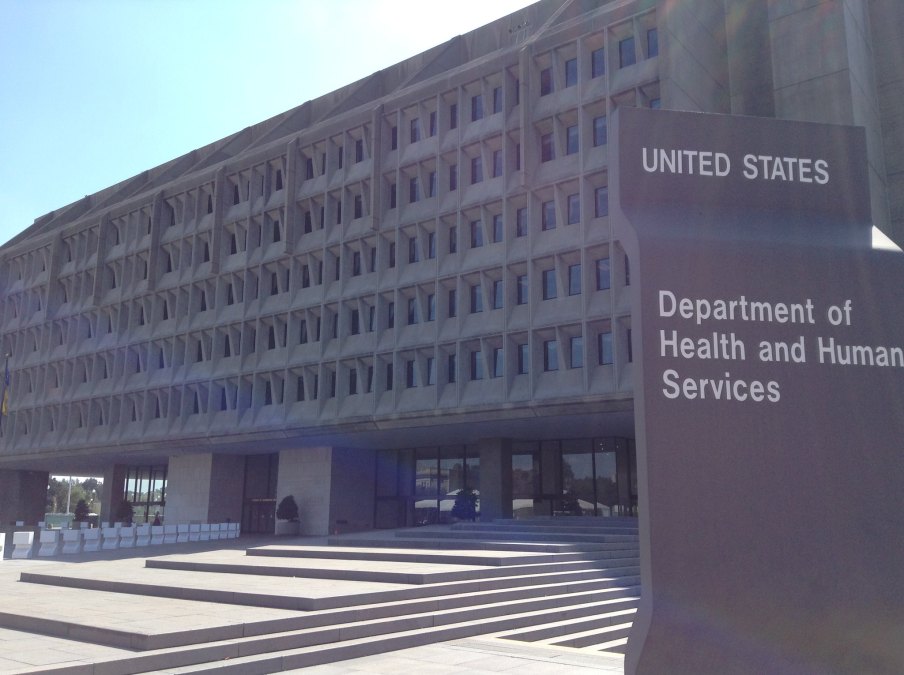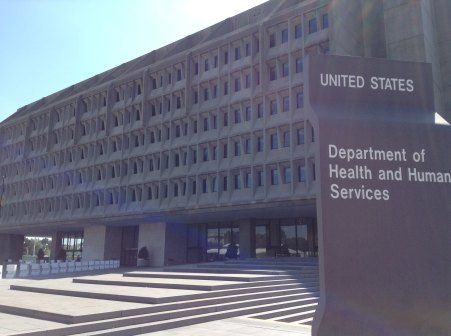Biden administration says abortion data disclosed to law enforcement must be reported to HHS

The Biden administration released reproductive health care guidance Wednesday which states that in most cases it would be impermissible for abortion providers and hospitals to share abortion data with law enforcement, in the wake of the Supreme Court’s controversial decision last week to overturn Roe v. Wade.
The guidance from the Department of Health and Human Services states that if, for example, a health care provider reports to law enforcement that a pregnant individual is planning to get a legal abortion then this disclosure would be a breach of the law and require HHS’s Office for Civil Rights to be notified along with the individual affected.
The Office of Civil Rights enforces Health Insurance Portability and Accountability Act (HIPAA) privacy, security and breach notification rules. As part of its investigative role, it probes and records details of potential cybersecurity breaches.
The HHS guidance, which was also shared by the White House, addressed how the federal law and health regulations protect individuals’ private medical information (known as protected health information or PHI) relating to abortion and other reproductive health care, highlighting that health care providers are not required to disclose such private medical information to third parties.
The Health Insurance Portability and Accountability Act’s (HIPAA) Privacy Rule states that law enforcement officials seeking records of abortions performed or information on individuals who’ve had an abortion from a reproductive health care clinic can only do so if they have a court order or other mandate enforceable in a court of law. HIPPA’s Privacy Rule would permit but not require abortion providers to disclose such records.
The Privacy Rule also allows but does not require abortion providers to disclose sensitive abortion information if the provider deems such information to be “necessary to prevent or lessen a serious and imminent threat to the health or safety of a person or the public.”
In an attempt to help those who may face abortion restrictions in the coming months due to the recent Supreme Court ruling, the Biden administration last week launched a website meant to provide information on how to obtain abortions and other reproductive health services.
It was not immediately clear how many users have visited ReproductiveRights.gov because Analytics.usa.gov, the website which measures visitor data for government sites, is experiencing issues with its Google Analytics realtime website reporting.
The Health Department launched the website to help people find birth control, abortion services, and other preventative health services amid complaints from abortion advocates and progressive Democrats, who have criticized the administration for not doing enough to prepare for reproductive choices being restricted by the Supreme Court decision.
“We are in this fight together. Visit http://ReproductiveRights.gov to get accurate and up-to-date information on your right to access reproductive health care and abortion,” Vice President Kamala Harris said on Wednesday.
“What happened on Friday was a complete dismantling of reproductive freedom by the Supreme Court. Right now, we are fighting to restore what the Court took away,” Harris added.
President Biden and the White House have shared the website along with many prominent Democrats including Sens. Dianne Feinstein of California, Tammy Duckworth of Illinois, and HHS Secretary Xavier Becerra.
The website also provides information on how to file a legal complaint with the federal government “if you believe that your or another person’s civil rights or health information privacy rights have been violated.”
The White House in a press release regarding the website highlighted a federal law known as the Emergency Medical Treatment and Labor Act (EMTALA) which requires that any individual with an emergency medical condition be provided emergency care to protect their life, including abortion care.






